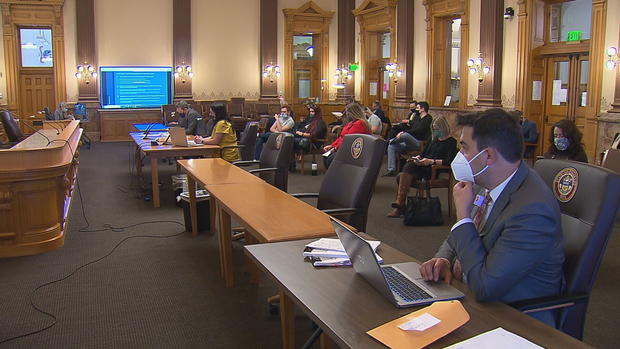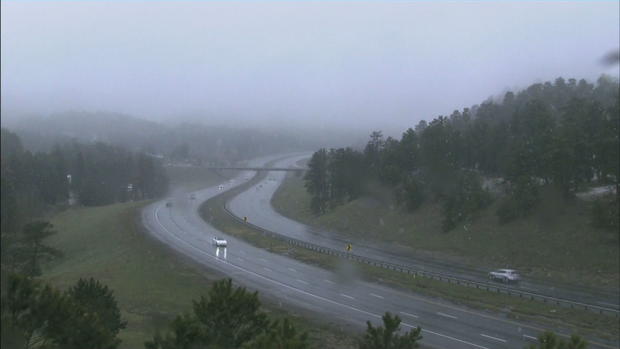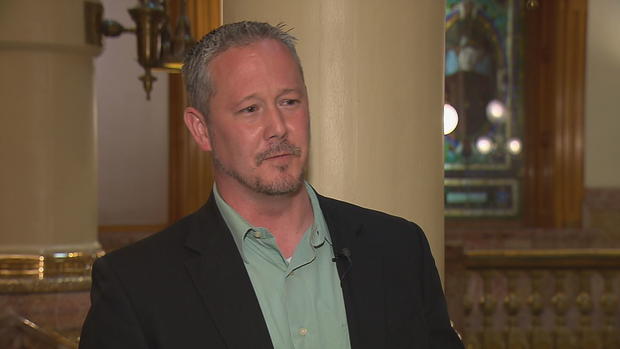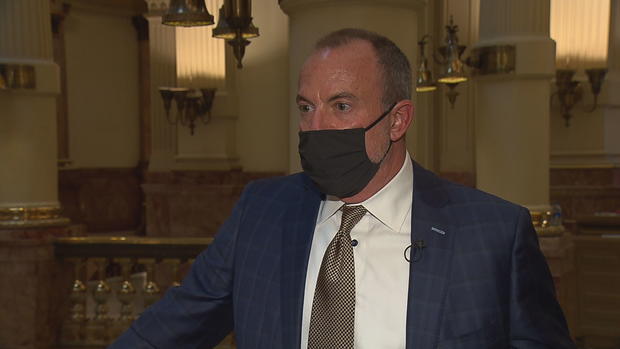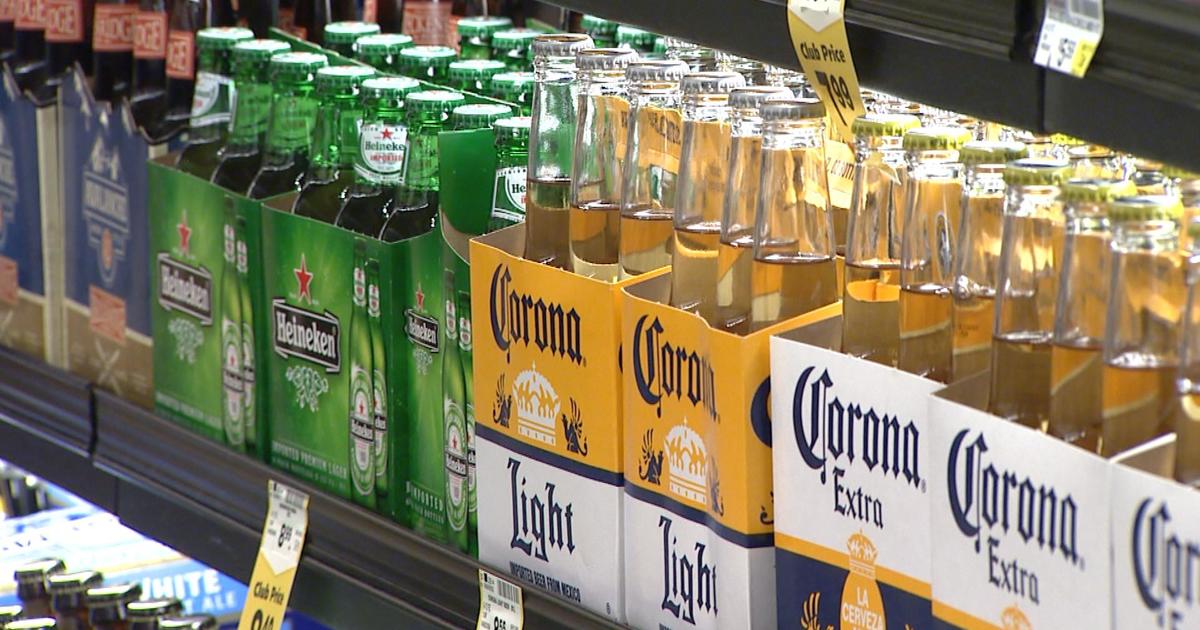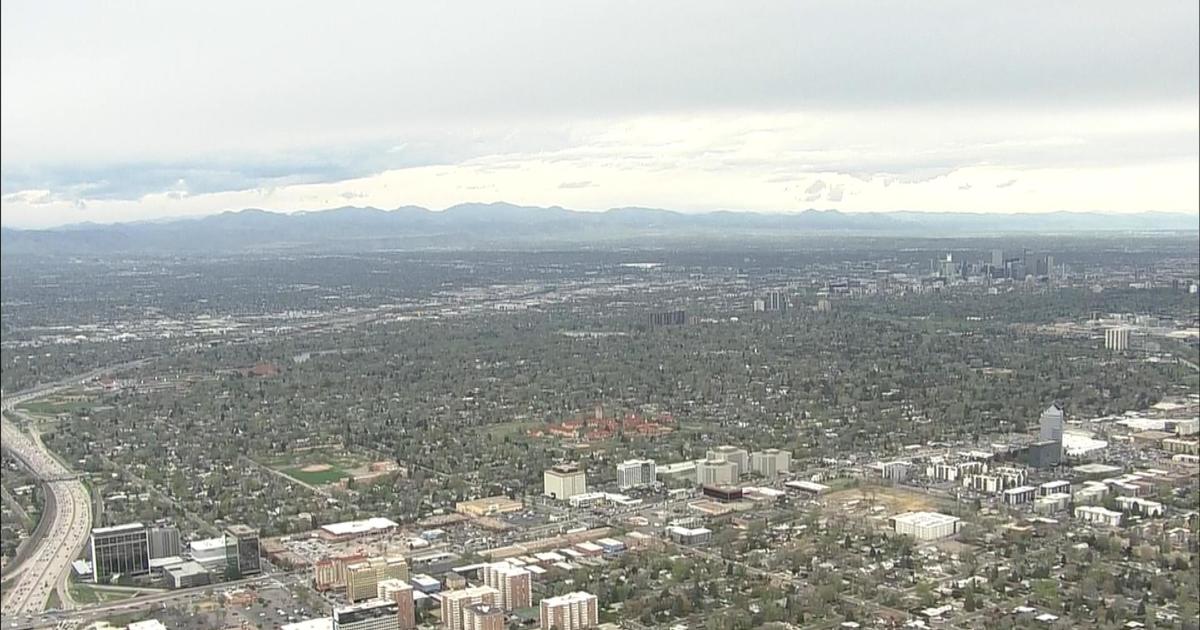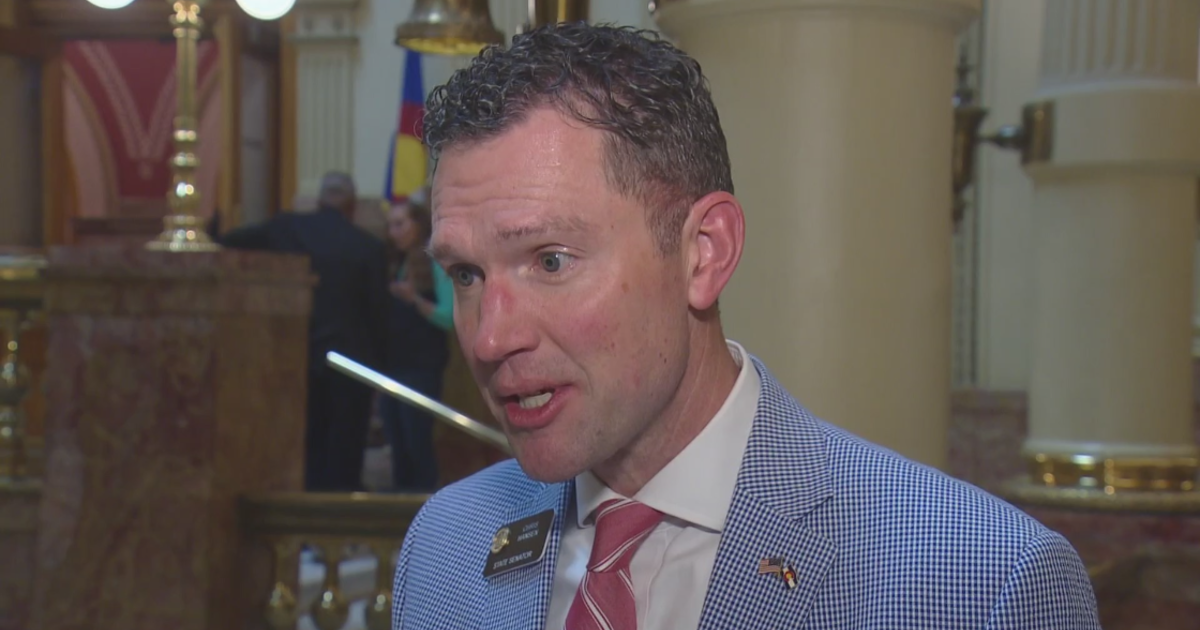Voters May Be Asked To Lower The Gas Tax After Colorado Lawmakers Propose A Gas Fee
DENVER (CBS4) - Opponents of a $5.3 billion transportation funding bill are taking their fight to the ballot. The bill includes $1.5 billion in general fund and stimulus dollars and $3.8 billion in new fees.
The fees would index each year to inflation. The enterprises that oversee the fees could also raise them at any point. They include a fee on gas, which starts at 2 cents in 2024 and increases to 8 cents over the next decade. There's a 30-cent fee on ride share services, like Uber and Lyft, a 27-cent fee on deliveries, including food and Amazon purchases, a car rental fee, and a fee on electric vehicles.
Most of the money generated by the bill goes to roads and bridges. There's also a sizeable investment in electric vehicles, with subsidies for electric cars, trucks, buses and charging stations. The remainder of the money goes to multimodal projects, air pollution mitigation, and front range rail service.
Opponents say the bill is as much about climate change as it is about transportation. Jesse Mallory with Americans for Prosperity is working on a ballot measure to lower the current gas tax and essentially cancel out the new gas fee.
"They're talking about roads and bridges and getting people work. What they're not talking about is that they're doing all this EV infrastructure and all these other things that are on the backs of our poorest communities as we're trying to recover from a pandemic. We believe that to be wildly unfair," Mallory said.
CDOT says the bill will allow it to finish its ten-year plan https://www.codot.gov/programs/your-transportation-priorities/your-transportation-plan, which includes hundreds of projects in every part of the state, including widening Highway 270 and I-70 at Floyd Hill, repaving, and reconstructing more than 26-hundred miles of rural roads and upgrading the Eisenhower Tunnel.
Tony Milo with the Colorado Contractors' Association is among those supporting the bill.
"We've spent the last ten years letting the perfect be the enemy of the good," Milo said. "It's never good enough, it's never enough, it's never going to the right places, it's never exactly what anybody wants. But that is the nature of politics. The nature of politics is compromise and getting something done to move the ball forward and that's what we see this bill as."
The bill is all but certain to face legal challenges too. Opponents say it violates Proposition 117, which requires voter approval for certain large fee increases.
